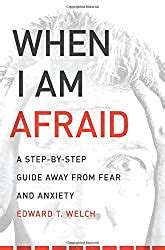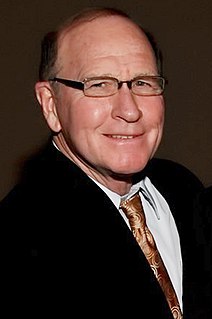A Quote by Eric Hoffer
Nationalist pride, like other variants of pride, can be a substitute for self-respect.
Quote Topics
Related Quotes
In man's life, the absence of an essential component usually leads to the adoption of a substitute. The substitute is usually embraced with vehemence and extremism, for we have to convince ourselves that what we took as second choice is the best there ever was. Thus blind faith is to a considerable extent a substitute for the lost faith in ourselves; insatiable desire a substitute for hope; accumulation a substitute for growth; fervent hustling a substitute for purposeful action; and pride a substitute for an unattainable self-respect.
I believe in pride of race and lineage and self: in pride of self so deep as to scorn injustice to other selves; in pride of lineage so great as to despise no man's father; in pride of race so chivalrous as neither to offer bastardy to the weak nor beg wedlock of the strong, knowing that men may be brothers in Christ, even though they be not brothers-in-law.
The vice I am talking of is Pride or Self-Conceit: and the virtue opposite to it, in Christian morals, is called Humility...According to Christian teachers, the essential vice, the utmost evil, is Pride. Unchastity, anger, greed, drunkenness, and all that, are mere flea bites in comparison: it was through Pride that the devil became the devil: Pride leads to every other vice: it is the complete anti-God state of mind.
In the scriptures there is no such thing as righteous pride. It is always considered as a sin. We are not speaking of a wholesome view of self-worth, which is best established by a close relationship with God. But we are speaking of pride as the universal sin, as someone has described it. . . . Essentially, pride is a "my will" rather than "thy will" approach to life. The opposite of pride is humbleness, meekness, submissiveness, or teachableness.
Yes, there is something in me hateful, repulsive," thought Ljewin, as he came away from the Schtscherbazkijs', and walked in the direction of his brother's lodgings. "And I don't get on with other people. Pride, they say. No, I have no pride. If I had any pride, I should not have put myself in such a position".
Pride is a terrible and dangerous thing. It can take so many forms; it can even assume the appearance of humility. Pride can lead not only to self-exaltation, but also to self-abasement. The key to battling pride is not found in struggling against thinking too highly of ourselves or in striving to think of ourselves as lowly. The key is found in simply not thinking about ourselves at all, but setting our minds on Christ and the needs of others.

































